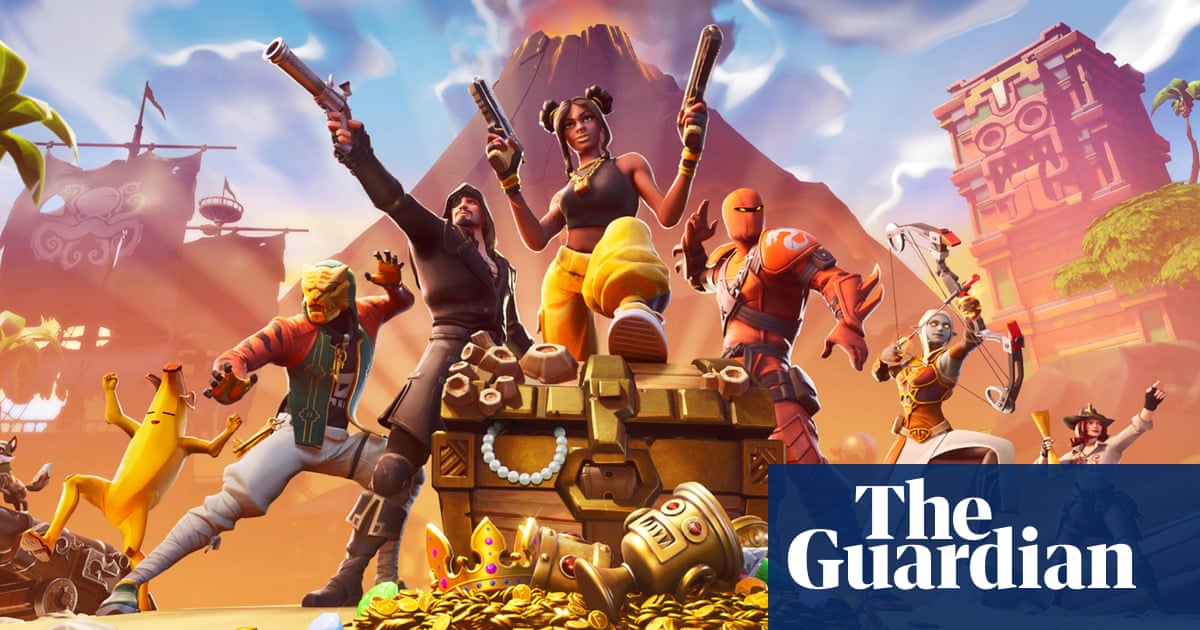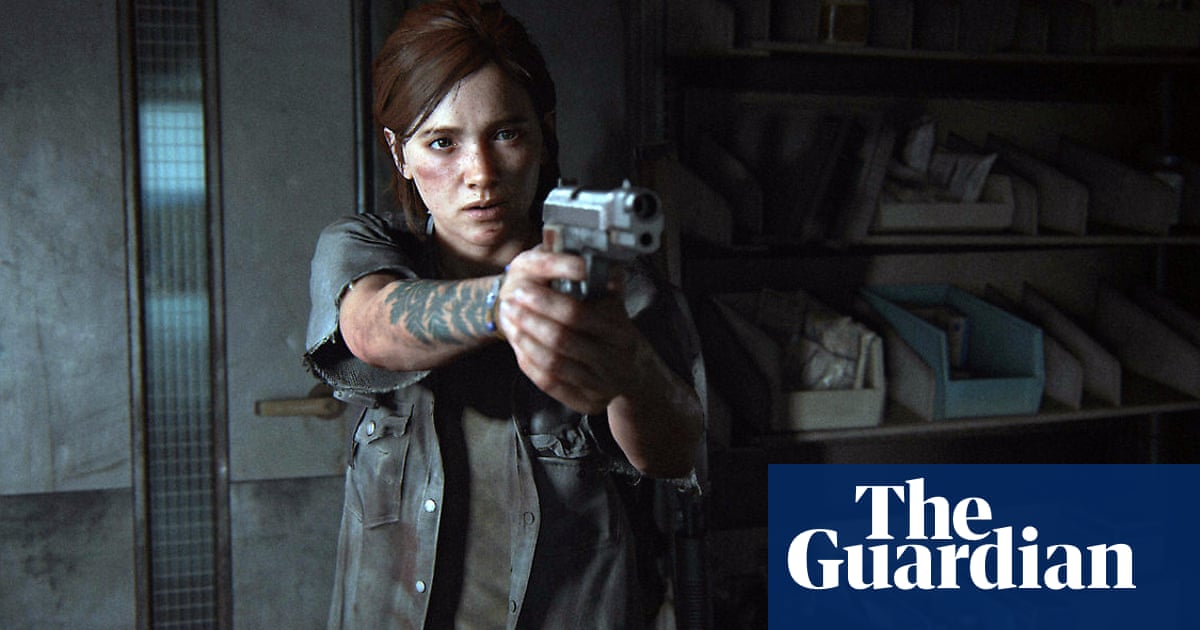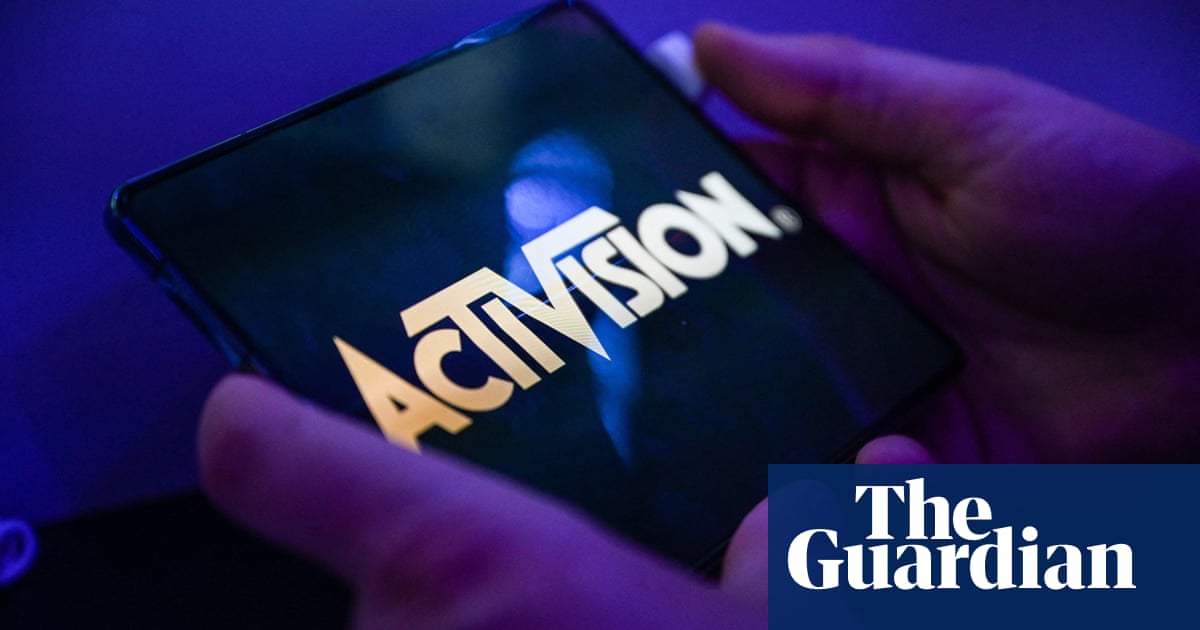
During the pandemic, video games have had an unprecedented boom while pretty much every other cultural sector – from music and nightlife to theatre and cinema – have tanked. With everyone stuck inside looking for ways to alleviate their boredom and socialise safety, it is no wonder that the global games market grew from $150bn in 2019 to $180bn in 2020 (£). Millions of people bought consoles (the Nintendo Switch especially saw a huge surge); and some of us who already had consoles felt like a shiny new PlayStation 5, say, might alleviate the pandemic blues for a while. Every facet of gaming, from mobile to consoles, Twitch viewership to concurrent Steam player numbers, was given a boost.
It’s also hardly surprising, then, that the games industry is now facing a contraction. Growth continued throughout 2021, up to around $190bn, but is now predicted by market analysts to decline by a few billion. The games industry’s revenue is expected to start climbing again from 2023, however, past its pandemic peak.
I see this as a natural correction. People are playing less, and spending less, for a variety of reasons – from increases in the cost of living to gaming fatigue after many months spent mostly indoors. I’ve been playing significantly less myself this year, now that I can do other things that I enjoy again, like live music and, y’know, hugging my friends. (I have fond memories of the birthday parties and summer gatherings that we had in Animal Crossing, but they can feel a bit like a melancholy dream.)
Games are often considered to be recession-proof, but the industry is not impervious to macroeconomic turmoil. Some ebb and flow is natural, even if it spooks those investors who are hoping to make a quick buck out of a fad, whether that’s esports, virtual and augmented reality, free-to-play mobile games or the latest venture capital money pit, blockchain gaming. The rest of us needn’t worry: constant massive growth is demanded, because … capitalism, but it’s unsustainable.
The number of gamers in the world keeps going up, as smartphones, PCs and consoles become available to more of the world’s population – but that will stop, eventually. And when things level out, whenever that is – and it’s probably still a decade or more in the future – it will not be such a bad thing. The money that video games make is, for me, one of the least interesting things about them. And one day, I hope that what seems like every mainstream TV or radio report about video games doesn’t begin by pointing out that they generate more cash than movies.
It is interesting, though, to look at where the money is in gaming. The console market – PlayStation, Nintendo and Xbox – has remained pretty stable for well over a decade. It’s mobile gaming that has really driven the industry’s expansion since about 2010, as smartphones have proliferated. Arcades, meanwhile, once generated $40bn in revenue and now generate zip. Handheld games were once a huge slice of the market, but have mostly vanished since Nintendo folded its home consoles and handheld consoles together in the form of the Switch. Analysts are now looking at subscriptions and cloud gaming as the next big shift, having seen how streaming tech has transformed TV and music. How people play games has changed enormously in the 50 years since Pong ushered in the era of video games – but it is clear that people pretty much always want to play them, even – or perhaps especially – when times are hard.
What to play
Developer superstar Yu Suzuki – of Space Harrier, OutRun and Shenmue fame in the 1980s and 90s – has released a game on Apple Arcade: Air Twister. It’s an arcade shooter that feels like Lylat Wars, Panzer Dragoon or Rez, the mid-2000s-style Space Harrier sequel that never was. I’m not recommending this unreservedly – it is strange to get the hang of – but it’s an interesting curio for anyone who loved the Sega arcade era, and the prog-rock soundtrack is irresistibly bombastic.
Available on: Apple Arcade (iPhone, iPad)
Estimated play time: 2+ hours
What to read
E3 is coming back next year – and it’s going to be run by ReedPop, the business that handles PAX and Comic-Con, and owns the games websites Eurogamer and Rock Paper Shotgun. My overall read on this: good news. The ESA, which owns and runs E3, has a history of … variable competency, having once accidentally doxxed most of its attendees, and having the show in the hands of a company that regularly runs such mega-events is promising. Given that the big players (Sony, Nintendo, Xbox) have shown little interest in E3 for some time – and even less in European games show Gamescom despite its 350,000-plus attendees – it might not matter who’s in charge.
In bizarre Elden Ring news this week, Namco Bandai has sent a real sword to a player who’s famous for helping people through one of the game’s most fearsome bosses, and also, someone has completed it on a piano. The latter story particularly tickles me. I co-wrote a book about Dark Souls a while back (I know, I never mention it), and one of my favourite chapters to write was the one about the people who do completely unnecessary and highly impressive things like playing it with Guitar Hero controllers, or without ever levelling up, or entirely naked (the character, not the player). I love how humans can’t seem to help themselves when it comes to inventing bizarre ways to play already-difficult video games.
Activision-Blizzard’s employees are protesting again, this time for better protections for their civil liberties in the face of the terrifying rollback of rights in the US, including to abortion access and gender-affirming healthcare.
Popular Minecraft YouTuber Technoblade sadly died recently – he was only 23, and his father put up a heartbreaking final video on his channel. Minecraft developer Mojang has come up with an in-game tribute to him.
PlayStation 5’s next blockbuster God of War: Ragnarok is going to be released on 9 November. Well, at least that’s one big game to look forward to before 2023.
Question Block
Today’s question comes from Creg: Is the Xbox Series S worth the money?
Before I get into this: can we all take a moment to marvel at how deranged the Xbox range’s nomenclature has become? We’ve got the Xbox One, the Xbox Series X, the Xbox Series S, the Xbox One X, all of which are different. It is impressively confusing.
Anyway! In a word: yes, it’s worth it. With GamePass, which gives you every Xbox game you’d ever want to play for £10.99 a month, the Xbox Series S is really good value. Its big brother, the Xbox Series X, is really only necessary if you have a screen that can properly take advantage of 4K games. You mentioned in your email to me that you’re not fussed about that, and that you don’t mind downloading or streaming games instead of buying them on disc. You’ll run out of space on the Series S hard drive pretty quickly, but as Microsoft’s cloud-streaming tech gets better and better, I reckon that won’t be such an issue.
Send me more questions everyone! Even if they’re silly. In fact, especially if they’re silly.












